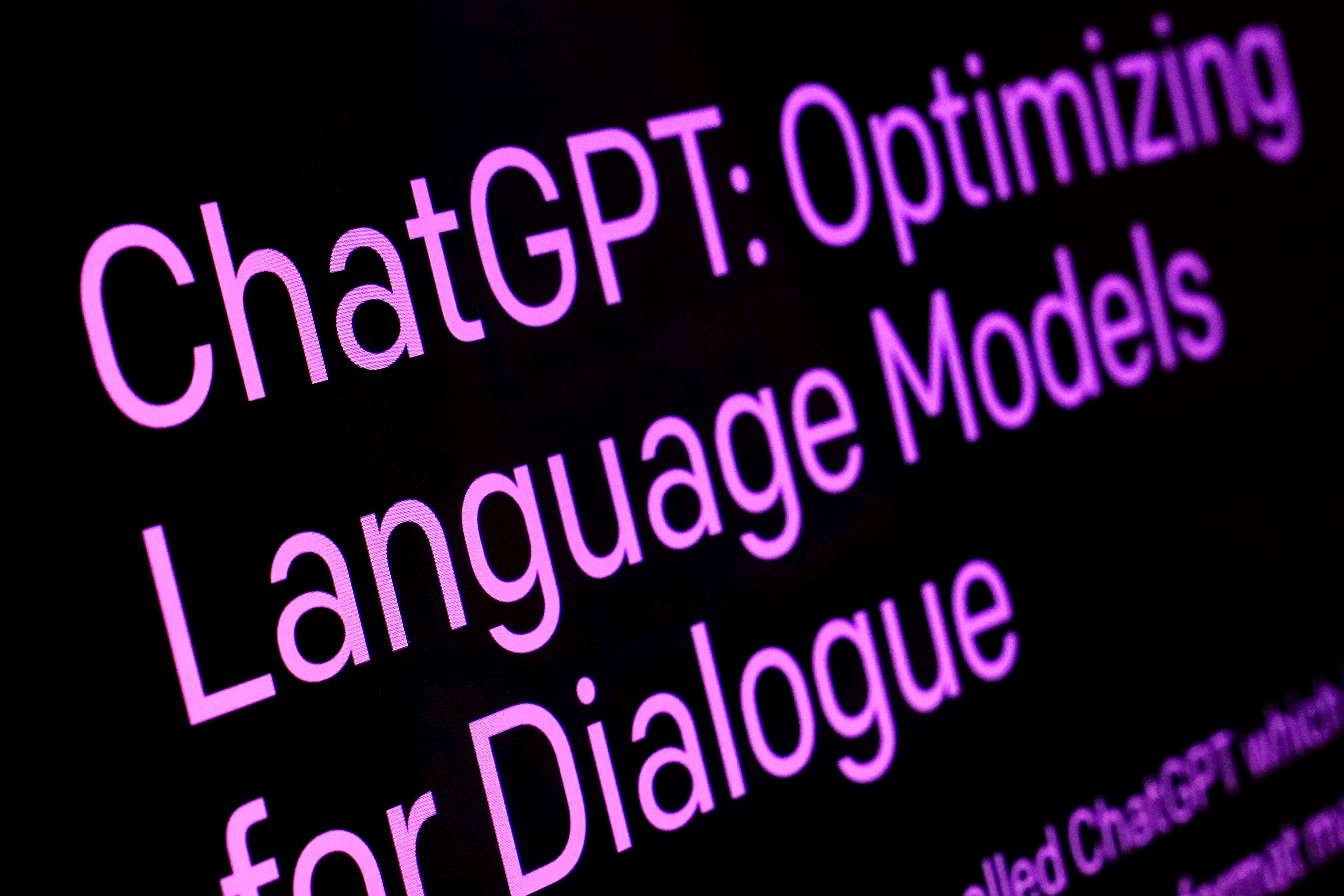Executives urge Europe to rethink its world-leading AI rules
More than 150 executives are urging the European Union to rethink the world’s most comprehensive rules for artificial intelligence

More than 150 company executives are urging the European Union to rethink the world's most comprehensive rules for artificial intelligence, saying Friday that upcoming regulations will make it harder for companies in Europe to compete with rivals overseas, especially when it comes to the technology behind systems like ChatGPT.
Officials at companies from French planemaker Airbus and carmaker Renault to Dutch beer giant Heineken signed an open letter to EU leaders saying the 27-nation bloc's groundbreaking legislation may put shackles on the development of generative AI. That technology gives popular AI chatbots like ChatGPT the power to generate text, images, video and audio that resemble human work.
“Such regulation could lead to highly innovative companies moving their activities abroad " and investors withdrawing their money from AI development in Europe, the letter said. “The result would be a critical productivity gap between the two sides of the Atlantic.”
The executives say laws requiring "rigid compliance" would be ineffective when so little is still known about the risks and uses of generative AI. They urged the EU to revise the AI Act to focus broadly on the risks.
With growing concerns about the impact of AI on all parts of life, the letter does acknowledge “a clear need to properly train these models and ensure their safe use.”
The executives called for a regulatory body of experts that can regularly adapt rules to new developments and respond to risks that emerge. They also pointed to the need for transatlantic standards.
It's the latest letter to weigh in on the future of AI, which has dazzled users but raised concerns about data privacy, copyright infringement and disinformation. That has sent governments worldwide racing to rein in the technology.
There are also fears about more existential threats to humankind, which scientists and tech industry leaders, including high-level executives at Microsoft and Google, warned about last month.
Sam Altman, CEO of ChatGPT maker OpenAI, and Geoffrey Hinton, a computer scientist known as the godfather of AI, were among the hundreds of leading figures who signed that statement.
Missing was Yann LeCun, chief AI scientist of Meta and another AI pioneer, who did sign the letter Friday from European executives.
The EU is still putting the finishing touches on its AI Act, and the rules are not expected to take effect for two years.
Bookmark popover
Removed from bookmarks